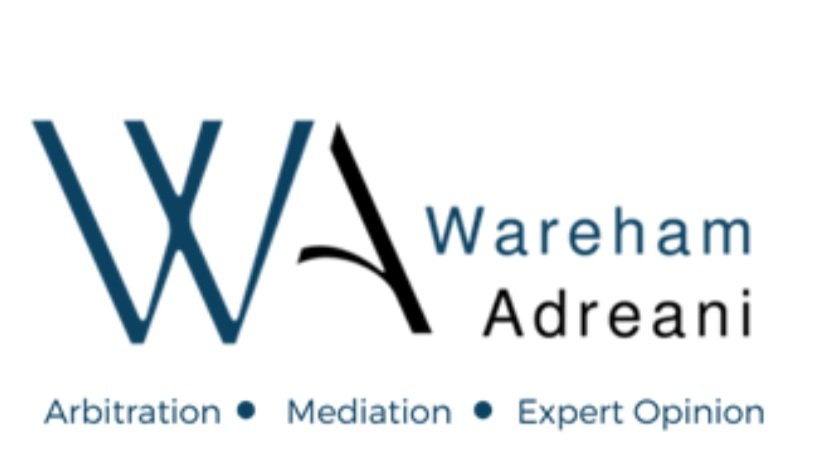Medical Mediation
Medical Mediation
The NHS spends nearly £2.5 bn each year defending clinical negligence cases. Of the 17,000 cases in 2022-23, 13,500 of them were of a clinical nature. Resolution and ‘Stock-Take’ meetings with Claimant’s allow a structured approach to the claim, allowing for issues to be narrowed and defined in a timely manner.
Encouragingly, the NHS has embraced Mediation as a method of resolving disputes, reducing the need to go to litigation. A more flexible and less adversarial approach, mediation holds many benefits.
What do claimants want?
Two central themes often emerge. The first is ‘why’ an event happened. Explanations of poor outcome have become better with the introduction of ‘duty of candour’ requirements.
The second theme is more altruistic. Many claimants simply wish to ensure that no other patient suffers in the same way.
Damages and costs are less about claimants' ‘winning the lottery’ and more restoring the claimant to a position ‘pre negligence’. Claimants are often hampered by escalating costs, loss of employment, loss of enjoyment and in some cases, an uncertain future.
What about the clinician?
For most clinicians, the thought of causing injury is repugnant. The impact can be far reaching. Confidence, reputation and future employment all suffer. Feelings of shame and failure are often mixed with anger and despair. Many clinicians simply want to face their accuser, to explain events and express their own feelings.
Mediation provides a structured and empathetic platform for complainants to be 'heard'. It also allows the Respondent the opportunity to ‘have their say’ in a constructive way.
If managed well, there is little reason why both parties should not be present. Parties can be assisted in bringing forth their concerns, in what can be a cathartic exercise for all.
A Claimant may well come away with a sizeable outcome. The Healthcare professional may not agree, but having input into the process is important regardless of the outcome.
In addition to skilled Counsel, the addition of a skilled Mediator who is calm, brave and challenges positions is important. Careful and strategic questions posed by the Mediator (without the adversarial approach of a ‘court-room’ cross examination) assist in bringing the parties togeather to discuss contentious and difficult issues. A step further is the addition of the ‘Medico-Legal Mediator’, dual qualified in Medicine and Law. The deep understanding of both medical and legal implications of the issue, allows a more ‘directive’ approach to be taken. Whilst settlement on the day might be a ‘step too far’ medical mediation can assist in narrowing the issues using a more evaluative approach.
The addition of the Medico-Legal Mediator to Healthcare (NHS) Resolution panels provides opportunities in resolving clinically complex disputes, many which may challenge even the most seasoned professional dispute resolver.

